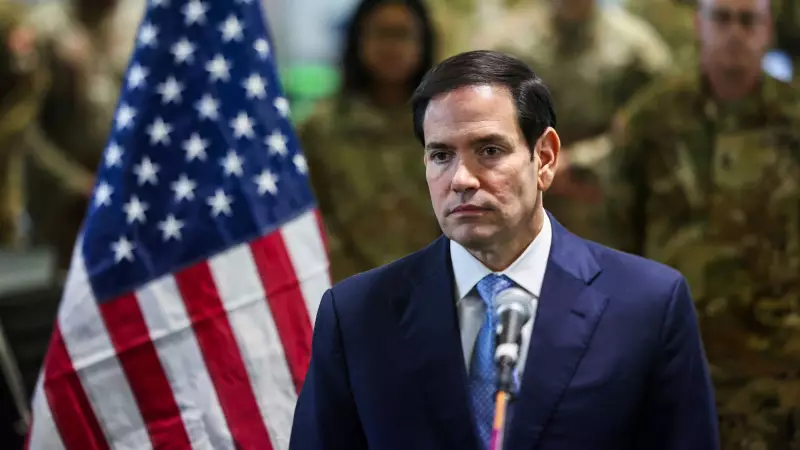
In a significant development that could reshape Gaza's security landscape, prominent US Senator Marco Rubio has revealed that the United States is actively soliciting input regarding the formation of an international security force for the war-torn territory.
The Florida Republican, who serves on the Senate Intelligence Committee, indicated that Washington is in the preliminary stages of evaluating various options for maintaining stability in Gaza once hostilities between Israel and Hamas conclude.
Critical Diplomatic Meetings Ahead
Senator Rubio confirmed that these discussions will take center stage during his upcoming diplomatic mission to Qatar, where he plans to engage with regional stakeholders about the proposed security framework. "We're getting input on that," Rubio stated regarding the international force concept, emphasizing the exploratory nature of current deliberations.
Multilateral Approach to Post-Conflict Stability
The proposed international force represents a potential shift toward multilateral engagement in the region, though specific details about participating nations, operational mandates, and deployment timelines remain under discussion. This initiative reflects growing international consensus that a sustainable security solution for Gaza will require coordinated international involvement.
Qatar's role as a mediation hub positions it as a crucial partner in these talks, building on its previous efforts to facilitate dialogue between conflicting parties in the region. The upcoming discussions in Doha are expected to address both immediate humanitarian concerns and long-term security arrangements.
Balancing Regional Sensitivities
Any international security presence would need to navigate complex regional dynamics, including Israeli security requirements and Palestinian sovereignty considerations. The Biden administration appears to be proceeding cautiously, gathering diverse perspectives before committing to a specific framework.
As Senator Rubio prepares for his Qatar meetings, the international community watches closely, recognizing that these preliminary discussions could lay the groundwork for Gaza's future governance and security architecture in the post-conflict era.





